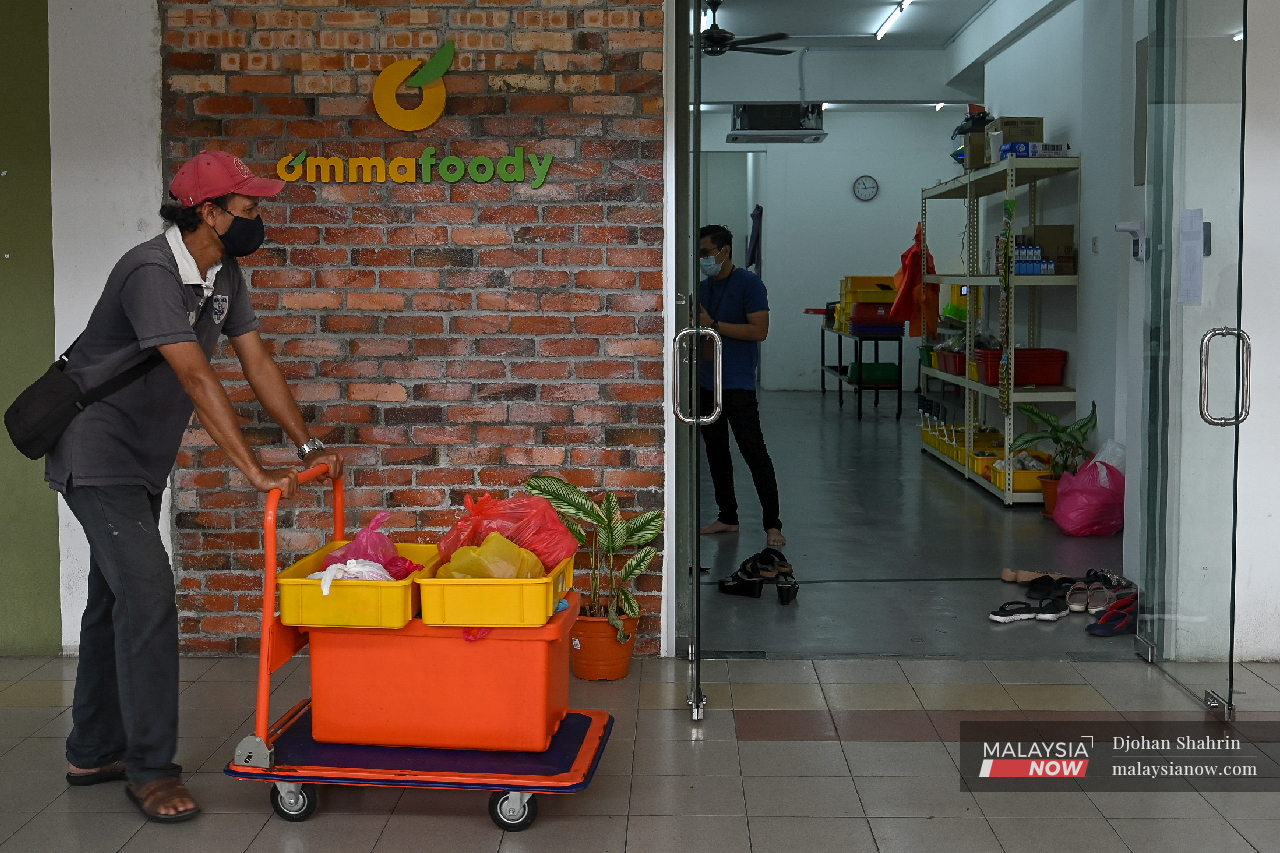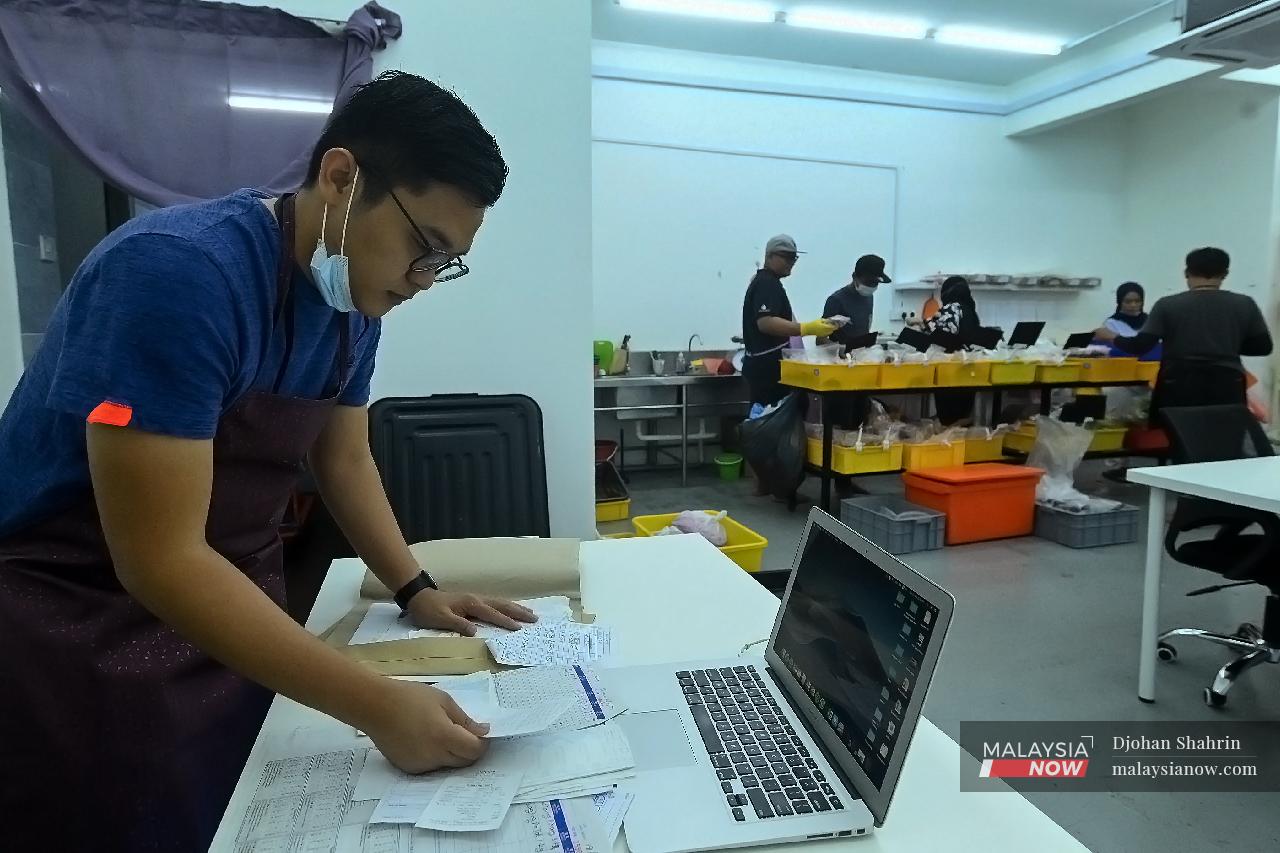Beaten, and then saved by the pandemic
Mohd Saddam Irrban lives the best and worst of Covid-19's impact on businesses.
Just In
When the shockwaves of Covid-19 slammed into Mohd Saddam Irrban’s company, they brought with them the worst – but also the best – of the pandemic’s impact on the business world.
At the time, he was running a successful tour agency. But with travel bans and movement restrictions both local and global biting at its heels, the industry was soon all but destroyed.
When his company eventually shut down, he turned to e-commerce – a sector which benefitted enormously during the months of lockdown while brick-and-mortar businesses suffered.
But with so many online businesses doing the same or similar things, the 29-year-old was forced to ask the question that every successful businessman born of the pandemic pondered before venturing into his field: what are people living in fear of the virus willing to pay for?
With physical contact one of the greatest concerns, Saddam simply cashed in on the paranoia gripping the public.
He found that many were reluctant to go on their grocery runs themselves, especially given the extra precautions put in place such as the need for face masks, signing in at the entrance, temperature checks, and the use of hand sanitiser.
These SOPs, now practised around the world, mean more time spent waiting in line – and while people may be willing to queue for a chance to get the latest iPhone at a discount, not many are keen to do so for chicken, fish, fruit, and vegetables.
What are people living in fear of the virus willing to pay for?
“After the movement control order was declared in March, we were in a daze,” Saddam told MalaysiaNow.
It took him about a month to think of an alternative business which could use his existing staff.
With a capital of RM50,000, he started his service: buying groceries for others.
This required retraining about a dozen people for their new roles at Ommafoody, which delivers fresh food and produce from the wholesale market.
“We reached out to fish and chicken sellers and asked them to be our vendors.
“We go out with customer’s shopping lists to get their daily grocery items,” Saddam said.

But Ommafoody doesn’t just deliver food. Saddam adds value to his service by also cleaning the poultry and fish before repacking them for customers.
It’s this extra feature which sets his company apart from other similar services.
But it also means that they can only take limited orders – in this case, not more than 60 every day.
Today, he makes a clean profit of about RM40,000 a month.
Although he is doing well, the perishable nature of the items he delivers makes it a challenge to live up to his company’s promise of fresh deliveries.
“We can’t keep things like vegetables and fruits for too long. They must be sent immediately.”
The other problem is that ever-changing prices in the market mean that Ommafoody cannot offer fixed prices.
“We don’t keep stock, and prices are beyond our control. So we have to negotiate the best solution with our suppliers.”
He tries to make every customer happy, but sometimes he can’t please everyone.
For those who are unsatisfied with their groceries or his service, he has the universal solution: he simply refunds them under his “money back guarantee”.
Subscribe to our newsletter
To be updated with all the latest news and analyses daily.
